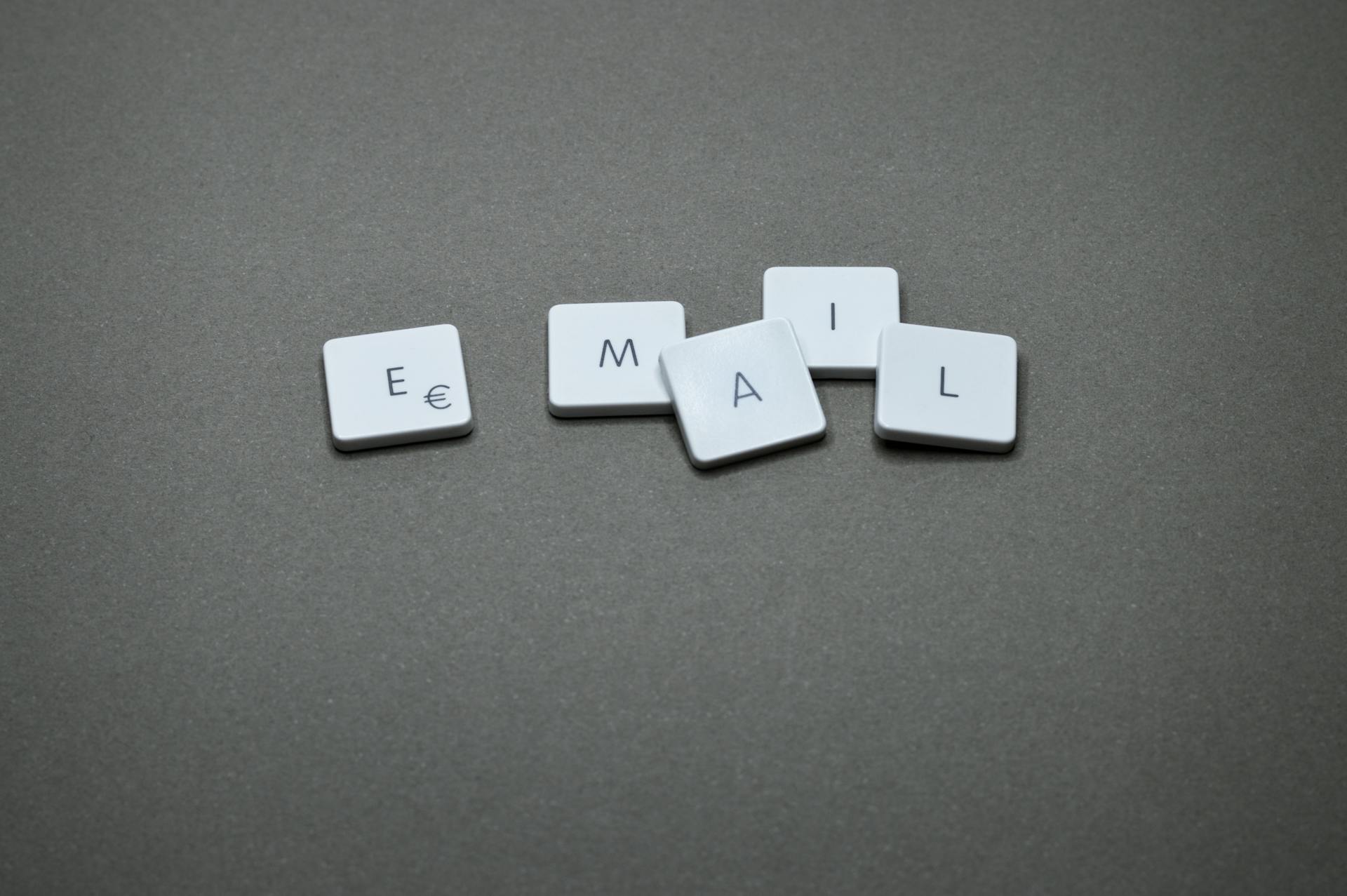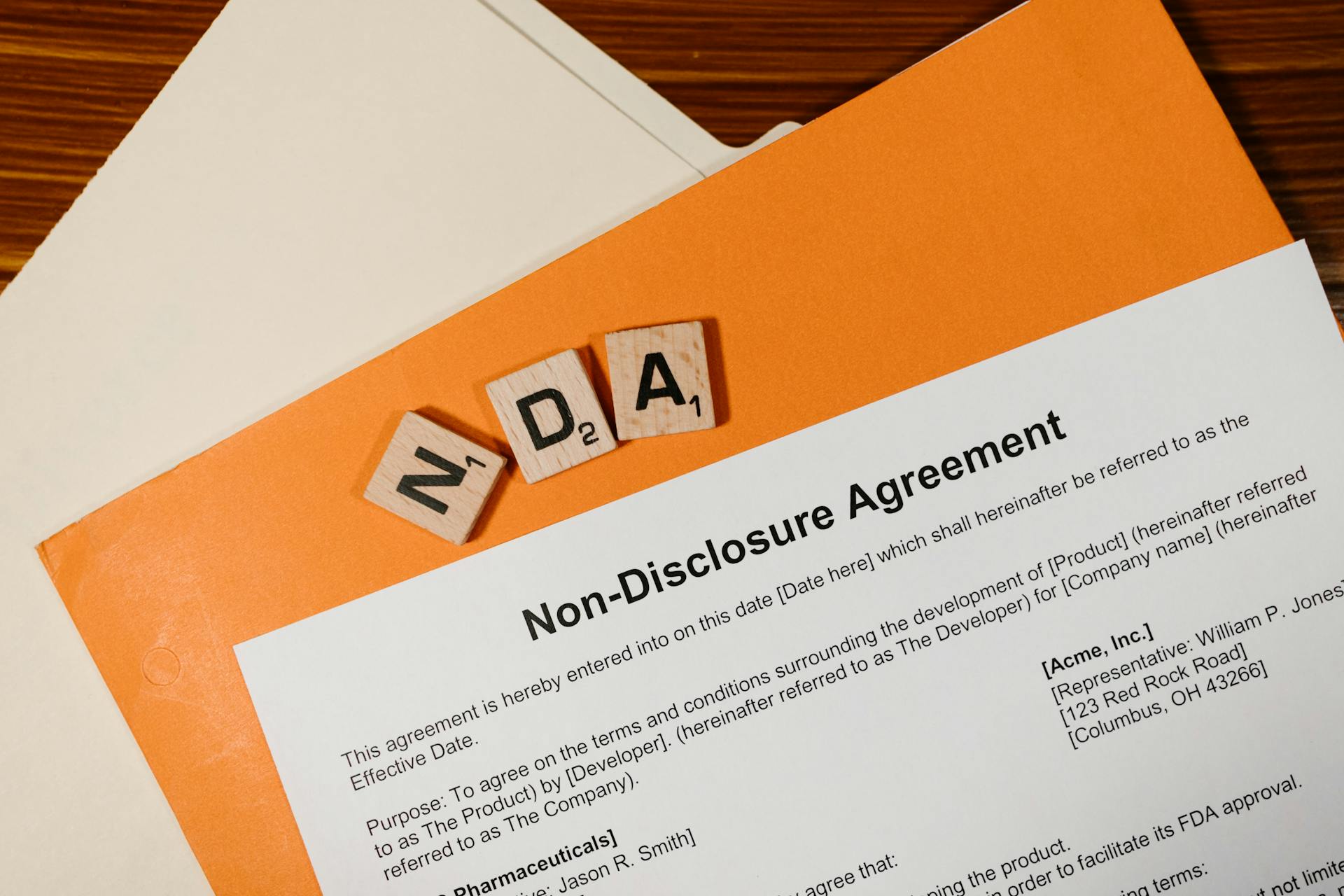
Verifying HIPAA over the phone can seem daunting, but it's a crucial step in protecting sensitive patient information. You need to verify the identity of the person requesting protected health information (PHI) before sharing it with them.
To start, you should ask the caller to provide their name and date of birth, just like you would in person. This is a standard practice to confirm their identity.
You can also use a standardized verification process, such as the one recommended by the American Health Information Management Association (AHIMA). This process involves asking a series of questions to confirm the caller's identity and their relationship to the patient.
A phone verification process typically takes around 2-3 minutes to complete, depending on the complexity of the call. It's worth taking the time to get it right to avoid potential HIPAA violations.
For more insights, see: Hipaa Verification Process
Phone Rules and Compliance
Phone calls can be a convenient way to communicate with patients, but they must be done in a way that complies with HIPAA rules.
The rules for phone calls can be confusing, with different rules applying depending on the situation. For example, if a covered entity is communicating with another covered entity with whom the patient has a direct treatment relationship, the rules are different from if the patient does not have a direct treatment relationship.
Before making a phone call, you should ask the patient if they would like to opt out of phone calls. If a patient has not explicitly opted out, they may be contacted. Only make calls for a simple purpose, like appointment reminders, scheduling appointments, or test result notifications.
Phone calls should be kept to 1 minute or less, and you should not plan to call the same patient more than 3 times per week, unless there is a consistent ongoing dialogue between both parties. Set up a toll-free number, which can be your HIPAA-compliant voicemail system.
If you plan to store data from your phone call, such as a recording, or other notes, it must meet the same rigorous standards of other PHI stored at healthcare organizations.
Here are some key points to keep in mind when making phone calls to patients:
- Ask patients if they would like to opt out of phone calls
- Only make calls for a simple purpose, like appointment reminders or test result notifications
- Keep calls to 1 minute or less
- Don't call patients more than 3 times per week, unless there is an ongoing dialogue
- Set up a toll-free number as your HIPAA-compliant voicemail system
- Store data from phone calls, such as recordings or notes, in a way that meets HIPAA standards
HIPAA-compliant password protection is also important when it comes to phone calls. Hackers can crack passwords fairly easily, so using two-factor authorization can help ensure account safety. Activity logs and audit record controls are also required under HIPAA regulations, to manage information about all login sessions and system-level audit logs.
In the event of a disaster, such as a natural disaster or ransomware attack, having a disaster recovery site that follows HIPAA regulations can help ensure that your call center can be brought back online quickly.
Curious to learn more? Check out: Hipaa Audit Protocol
Covered Entities and Business Associates
As a covered entity or business associate, it's essential to understand the HIPAA telephone rules for communications with each other. These rules are the same as the permissible disclosures of PHI under the HIPAA Privacy Rule.
Communications involving PHI must be for treatment, payment, or healthcare operations, and a Business Associate Agreement must be in place before disclosing PHI for any reason.
Additional reading: Hipaa 3 Rules
Employee Training
Employee training is crucial for maintaining HIPAA compliance in a call center. Implementing a HIPAA-compliant call center solution without proper staff training is like building a house on shaky ground - it's not going to last.
Employees must understand the importance of maintaining their own HIPAA compliance, which includes knowing what they can and cannot do when handling patient personal health information. Employees must be aware of the rules governing voicemails for patients, including not saying the patient's name or any information that may reveal their identity.
HIPAA verification over the phone can be tricky, and employees need training to navigate these situations correctly. Employees must be able to recognize and respond to HIPAA-related scenarios, such as leaving voicemails for patients without disclosing their personal health information.
Worth a look: How Much Does Hipaa Cost
Covered Entity and Business Associate Rules
As a covered entity or business associate, it's essential to understand the rules governing telephone communications.
Communications between covered entities or between covered entities and business associates must adhere to the HIPAA telephone rules, which are the same as the permissible disclosures of PHI under the HIPAA Privacy Rule. This means PHI can only be disclosed for treatment, payment, and healthcare operations.
A Business Associate Agreement must be in place before PHI is disclosed for any reason, unless an exception applies.
An exception exists in the event of a data breach, where PHI can be disclosed to a covered entity if a business associate reports a data breach and there's a risk that unsecured PHI may be misused imminently.
The Minimum Necessary Standard applies to all disclosures of PHI, even in emergency situations. This means only the minimum amount of PHI necessary to achieve the purpose of the disclosure should be shared.
Check this out: Hipaa Data Classification
Here are the different scenarios where HIPAA telephone rules apply:
- Communicating PHI to another covered entity with whom the patient has a direct treatment relationship
- Communicating PHI to another covered entity with whom the patient does not have a direct treatment relationship
- Communicating PHI to a colleague for treatment, payment, or healthcare operations
- Communicating PHI to a colleague for any other purpose
- Communicating PHI to a business associate (or vice versa)
- Communicating PHI with a patient or receiving PHI from a patient
It's also essential to note that sharing patient information over the phone with family is permitted when a healthcare provider believes it's in the patient's best interests, unless the patient has stated they want the information withheld.
On a similar theme: Are Invoices Considered Private Information Hipaa
Compliance Requirements and Checklist
To verify HIPAA compliance over the phone, you need to ensure your phone system meets specific requirements. Authentication is crucial to ensure only authorized users can access PHI.
A HIPAA-compliant phone system must include features such as encryption of patient data, the ability to record all call data, and a signed Business Associate Agreement (BAA). This agreement acts as a contract between the company and HIPAA.
To ensure you meet these requirements, consider the following checklist:
Checklist for Phone
To ensure your phone system is HIPAA compliant, you'll want to be aware of the specific features your system should have. Authentication to ensure only authorized users can access PHI is a must.
A VoIP system, which delivers phone lines over an internet connection, requires additional features to meet HIPAA compliance. These features include encryption of patient data when transmitted or shared, the ability to record all call data, including metadata and administrative functions, and a signed Business Associate Agreement (BAA).
Before making phone calls to patients, ask if they'd like to opt out of phone calls. If a patient hasn't explicitly opted out, they may be contacted. This simple step can help prevent HIPAA violations.
Only make calls for a simple purpose, such as appointment reminders, scheduling appointments, or test result notifications. This helps keep calls brief and to the point.
To keep calls short, aim for 1-minute or less. This helps prevent lengthy conversations that may reveal PHI.
When planning to call the same patient multiple times, limit calls to 3 times per week. If there's an ongoing dialogue between both parties, this rule may not apply.
To leave a voicemail, consider setting up a toll-free number. This way, patients can reach you back without incurring additional costs on their phone plan.
Before getting into the purpose of your call, be prepared to identify yourself and your practice. This helps patients understand who they're speaking with and why.
If you plan to store data from your phone call, such as recordings or notes, ensure it meets the same rigorous standards as other PHI stored at healthcare organizations.
See what others are reading: Hipaa Summary
Center Compliance Requirements
To ensure your call center is HIPAA compliant, you need to focus on four main areas: data, communications, security, and employees. These areas are crucial to preventing HIPAA violations.
Data must be handled carefully, with all points of interaction encrypted to protect Protected Health Information (PHI). This includes voice, voice recordings, screenshots, screen recordings, emails, SMS, and chats.
A comprehensive HIPAA compliance checklist is vital to ensure all interactions are encrypted and secure. This checklist should be regularly reviewed and updated to reflect any changes in regulations.
HIPAA phone call rules can be confusing, with different rules applying depending on the situation. For example, sharing patient information over the phone with family is permitted when a healthcare provider believes it is in the patient's best interests, but not for unrelated past medical problems.
To comply with HIPAA, call tracking for healthcare is comprehensive and detailed, and must be fully mapped out to ensure all interactions are encrypted. This includes video chatting and photo transmission capabilities.
Intriguing read: Data Security Issues That Must Be Addressed by Hipaa
Here are some key HIPAA phone call rules to keep in mind:
- Communicating PHI to another covered entity with whom the patient has a direct treatment relationship
- Communicating PHI to another covered entity with whom the patient does not have a direct treatment relationship
- Communicating PHI to a colleague for treatment, payment, or healthcare operations
- Communicating PHI to a colleague for any other purpose
- Communicating PHI to a business associate (or vice versa)
- Communicating PHI with a patient or receiving PHI from a patient
By following these guidelines and regularly reviewing your HIPAA compliance checklist, you can help ensure your call center is secure and compliant with HIPAA regulations.
Data Protection and Encryption
Data Protection and Encryption is crucial for HIPAA compliance. HIPAA regulations demand higher security standards than regular servers, making data protection a major challenge for organizations.
Encrypting all data throughout transactions is essential, just like the example in HIPAA-Compliant Call Center: Data Encryption & Storage Best Practices. This includes in-bound and out-bound data.
Encrypting data prevents unauthorized access, keeping sensitive information safe. HIPAA regulations go above and beyond what normal servers employ, requiring extra security measures.
Storing data securely is also a top priority. HIPAA regulations require data to be stored securely, which can be a challenge as malware instances increase in frequency and complexity.
Secure data storage is a must for HIPAA compliance, protecting sensitive information from unauthorized access.
A unique perspective: Who Is Responsible for Implementing and Monitoring the Hipaa Regulations
Sources
- https://www.hipaaguide.net/hipaa-telephone-rules/
- https://aloware.com/blog/hipaa-compliant-phone-system-check-how-to-know-our-top-choices/
- https://www.givainc.com/blog/understanding-hipaa-telephone-rules-phone-calls/
- https://www.brightpattern.com/blog/hipaa-call-tracking-compliance-checklist-learn-best-practices/
- https://www.hipaanswers.com/phone-call-hipaa-violation/
Featured Images: pexels.com

